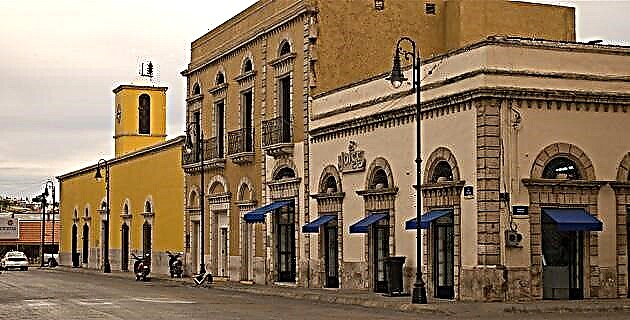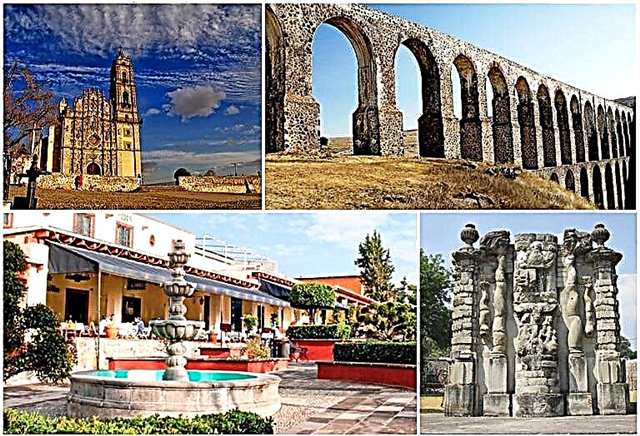
The First Dream is a silva, a long scholarly poem: it describes the lonely experience of the spirit that travels through the infinite exterior and interior, the soul that ascends towards knowledge and that, finally, ends in a fall.
It is, paradoxically, a vision that resolves itself into a non-vision. Sor Juana tells, then, the pilgrimage of her soul through the supralunar spheres while her body sleeps, a theme as old as man himself and that had different philosophical and literary expressions that include Plato, Xenophon, Dante in his Divine Comedy, the pilgrim spirit. the Middle Ages, Kepler's Somnium and, later, Kircher's Iter exstaticum, in addition to many other manifestations.
Although the infinite universe of which Sor Juana speaks in this poem is the finite universe of Ptolemaic astronomy, the intellectual emotion that it describes is that of a vertigo before the infinite. Suspended at the top of its mental pyramid made of concepts - Octavio Paz says - the soul finds that the roads are abysses and endless cliffs. If we could break down the content of the poem we could say, in such a way that, erringly simplistic, that the First Dream tells how, while the body slept, the soul ascended to the superior sphere; There she had a vision so intense, vast, and luminous that it dazzled and blinded her. Answered, after that obfuscation, she wanted to climb again, now step by step, but she cannot; when she doubts which other way to go the sun rises and wakes her up.
This poem is of crucial importance in Sor Juana's work - she herself says in the Response to Sor Filotea that she has written nothing for pleasure, more than a "piece of paper they call The Dream" - not only because it consolidates in it the superiority that the writer has over his contemporaries and ancestors but because he deals in a poetic and philosophical way, one of the great themes of human thought: the impossibility of total knowledge, the uselessness of trying to reach the Supreme Truth, the smallness of the soul before wisdom.
Here's a snippet from the poem, which in fact has over 1000 stanzas:
Pyramidal, fateful, from the shadow-born land, to Heaven, from vain obelisks, haughty point, to climb pretending the stars, Although its beautiful lights were always, always shining, the dark war, which with black vapors intimated the dreadful fugitive shadow, mocking, so distant, that its dark frown that had not yet reached the convex superior of the orb of the goddess, that three times beautiful with three beautiful faces to be flaunted, remaining only owner of the air that fogged with the dense breath that she exhaled: and in the contented stillness of the silent empire, submissive only voices consented to the dark nights, so serious , that even the silence was not interrupted with late flight, and singing, of the bad ear and even worse of the admitted spirit, the ashamed Noctine stalks me from the sacred doors the recessive of the eminent skylights the most auspicious gaps that capable of her attempt open a gap and sacrilegiously reaches the holy sacred lanterns perennial flame that extinguishes if not infamous in clear liquor, the m Atheria crasa consuming, that the Minerva tree of its fruit, of aggravated-heartbreaking presses, and forced surrender, and those that their country house saw return, their fabrics yerba the deity of Bacchus inobedient, no longer stories telling different, in a way if outrageous transformed, second form fog, to be seen still fearing in the dark sometimes without winged feathers ...











